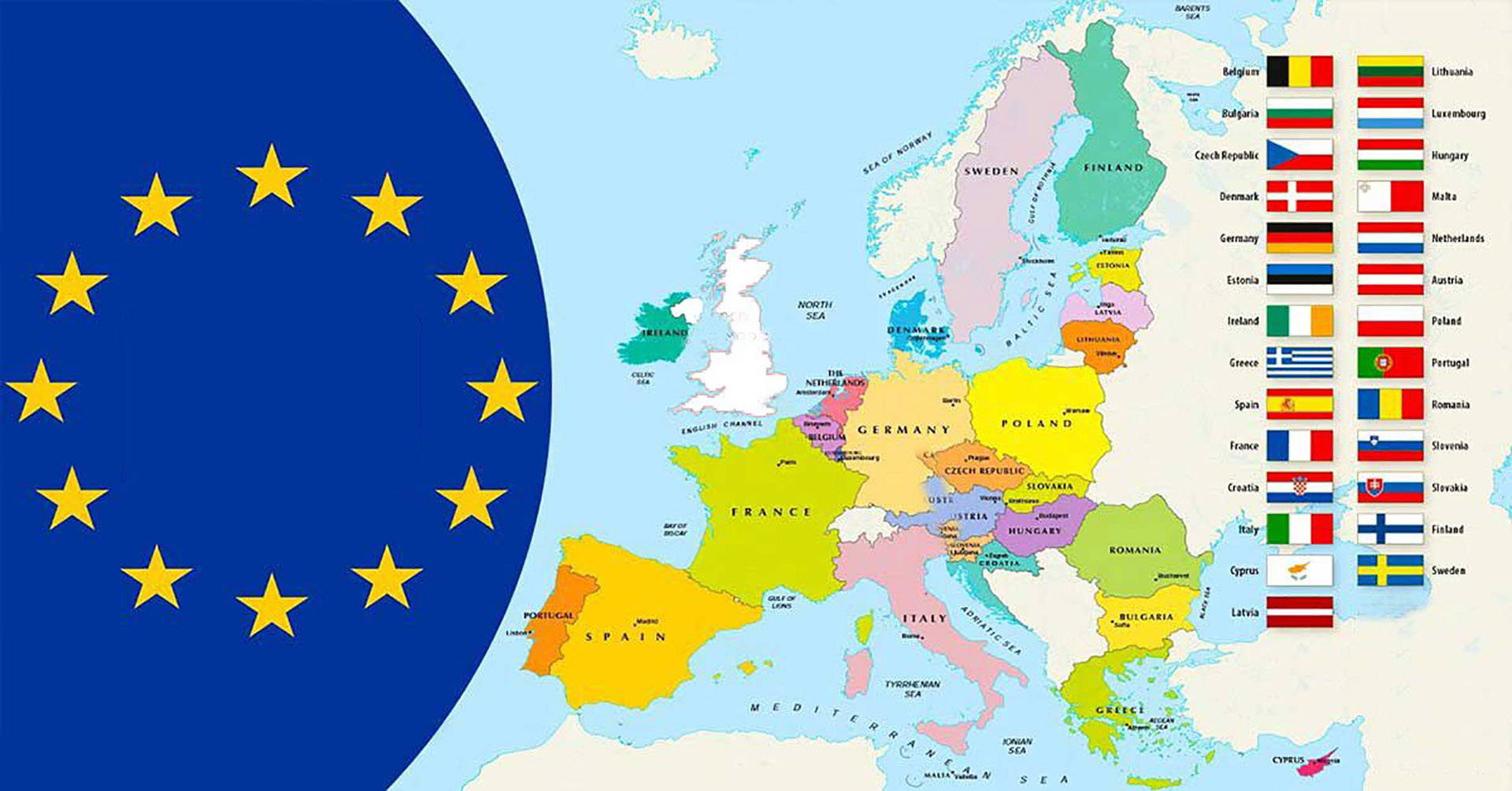SPECIFICS OF DOING BUSINESS IN CYPRUS
The government of the island republic provides comprehensive support to the private sector, much effort is made to maintain macroeconomic stability and a favourable business climate. Cyprus offers excellent conditions for the development of start-ups (especially in the field of innovation and digital technologies). According to the Global Startup Ecosystem Index 2022 by StartupBlink, three Cypriot cities – Pathos, Limassol, and Nicosia – were included in the TOP 1000 best cities in the world for basing startups. Moreover, Cyprus continues to be an important international financial hub, mainly because of its favourable geographical position and relatively mild tax climate.
TAXATION
The taxation conditions in Cyprus are among the most attractive in the EU. In 2023, the corporate tax rate is only 12.5%, and many companies can claim significant tax incentives (for example, income tax can be reduced to 2.5% under certain conditions). Income from dividends and income from operations with securities are not taxed. Additional benefits have been introduced in Cyprus since the summer of 2022, aimed at reducing the amount of tax on the income of non-resident individuals by 20% and 50% (the actual benefit amount depends on several factors). The standard VAT rate is 19%, but for some activities, it may be lower or even zero.
LICENSING
Some types of economic activity in Cyprus require a state licence. These include finance and banking, construction, transportation, medical services, gambling, etc. Obtaining a permit takes about 7–10 days usually, but if the company plans to engage in banking or insurance activity, the licensing process may take longer.
REPORTING
According to the local laws, all companies registered in Cyprus are required to submit data on financial activities by filling in the HE32 report. These documents are submitted to the registration chamber of the Republic and have been required to be published since 2003. Companies Act, the Income Tax Act, and other legal acts govern the reporting process. Companies must submit their first reports no later than 18 months after registration, and subsequent reports are to be submitted annually within 2 months after the shareholders’ meeting. Even companies that do not carry out economic activities are still required to submit reports. Since 2014, a legal requirement has been introduced in Cyprus stating that companies, failing to file tax returns within the specified time limits, must be forcibly liquidated, and their management may be subject to liability, including criminal liability.













